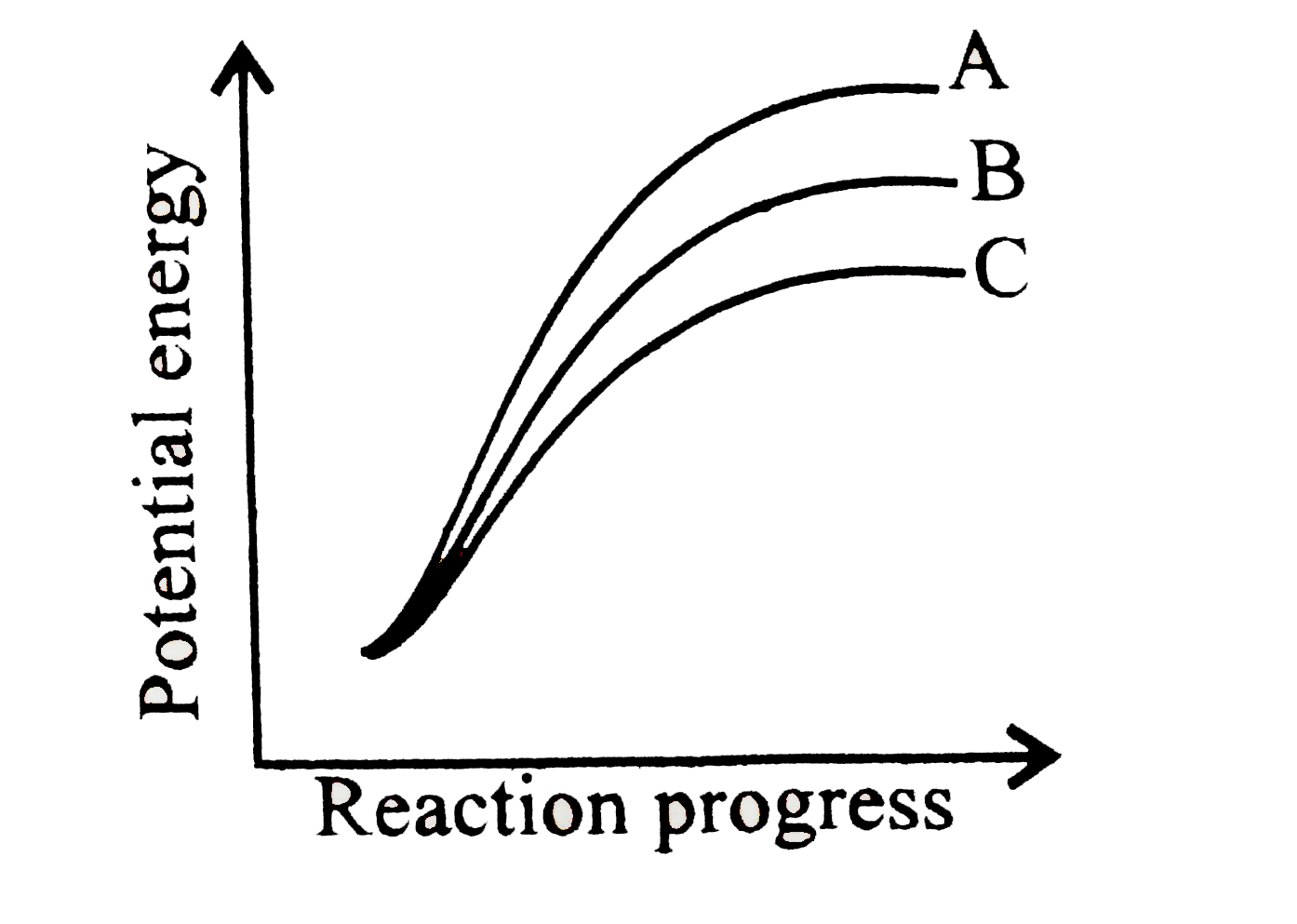Complete Solutions to LINKED COMPREHENSION TYPE MCQS of chapter BASIC PRINCIPLES OF ORGANIC CHEMISTRY of Class 12 book with complete answers and questions
| Class 12 | CHEMISTRY |
| Chapter | BASIC PRINCIPLES OF ORGANIC CHEMISTRY |
| DINESH OBJECTIVE CHEMISTRY | LINKED COMPREHENSION TYPE MCQS |
| Number Of Questions | 10 |
| Academic Year | 2023-24 |
Organic reactions take place through the formations of reactive carbon intermediates formed by cleavage of covalent bonds. Formation of these intermediates depends upon the dissociation energies of covalent bonds.
1. Which is not the intermediate formed by cleavage of covalent bonds.
View SolutionOrganic reactions take place through the formations of reactive carbon intermediates formed by cleavage of covalent bonds. Formation of these intermediates depends upon the dissociation energies of covalent bonds.
2. In which cases free energy may decrease, if there can· be some intramolecular rearrangement ?
View SolutionOrganic reactions take place through the formations of reactive carbon intermediates formed by cleavage of covalent bonds. Formation of these intermediates depends upon the dissociation energies of covalent bonds.
3. In the following diagram, stability of different radicals have been represented. These can be

Match the potential curve with free radical

View SolutionOrganic reactions take place through the formations of reactive carbon intermediates formed by cleavage of covalent bonds. Formation of these intermediates depends upon the dissociation energies of covalent bonds.
Which is most stable carbocation ?
View SolutionOrganic reactions take place through the formations of reactive carbon intermediates formed by cleavage of covalent bonds. Formation of these intermediates depends upon the dissociation energies of covalent bonds.
Consider the following transformations

Carbon species formed in A, B and C are respectively
View SolutionOrganic reactions take place through the formations of reactive carbon intermediates formed by cleavage of covalent bonds. Formation of these intermediates depends upon the dissociation energies of covalent bonds.
When a methyl radical is formed from `CH_(3)Cl`, select the incorrect statement.
View SolutionOrganic reactions take place through the formations of reactive carbon intermediates formed by cleavage of covalent bonds. Formation of these intermediates depends upon the dissociation energies of covalent bonds.
In which cases, free radicals can be formed by homolytic fission ?
View SolutionThe reaction of an electrophile with a nucleophile is the same as the reaction of a Lewis acid with a Lewis base and is termed as Lewis acid-base combination reaction. Each atom in the product completes its octet ( except hydrogen which attains complete duplet) as a consequence of this combination.
Consider following reaction between an electrophile and a nucleophile
Incorrect statement (s) is/are
`H_(3)C-overset(CH_(3))overset(|)underset(CH_(3))underset(|)(C^(oplus))+H_(2)overset(cdotcdot)O:rarrH_(3)C-overset(CH_(3))overset(|)underset(CH_(3))underset(|)C-OH+H^(oplus)`
View SolutionThe reaction of an electrophile with a nucleophile is the same as the reaction of a Lewis acid with a Lewis base and is termed as Lewis acid-base combination reaction. Each atom in the product completes its octet ( except hydrogen which attains complete duplet) as a consequence of this combination.
In which case additional reagent is needed to generate an electrophile ?
View SolutionThe reaction of an electrophile with a nucleophile is the same as the reaction of a Lewis acid with a Lewis base and is termed as Lewis acid-base combination reaction. Each atom in the product completes its octet ( except hydrogen which attains complete duplet) as a consequence of this combination.
Which is not correct increasing order of the property indicated ?
View Solution
LINKED COMPREHENSION TYPE MCQS questions and complete solutions for chapter BASIC PRINCIPLES OF ORGANIC CHEMISTRY of S DINESH & CO CHEMISTRY (HINGLISH) of Class 12